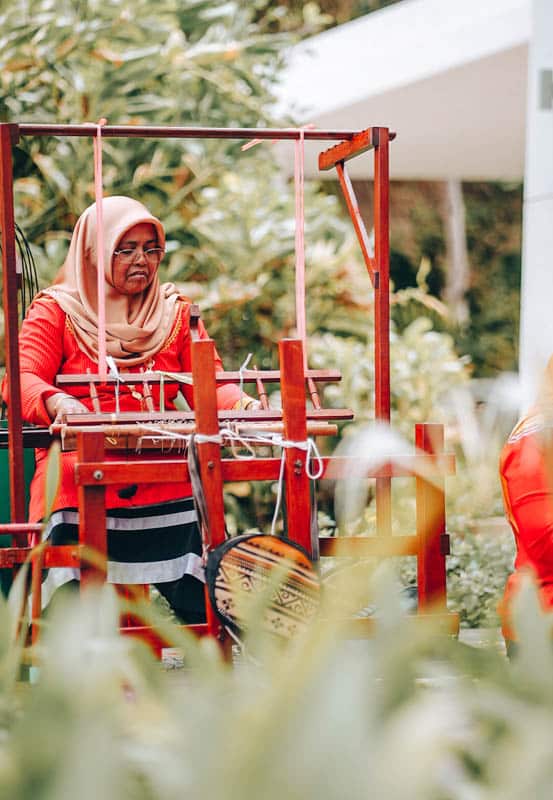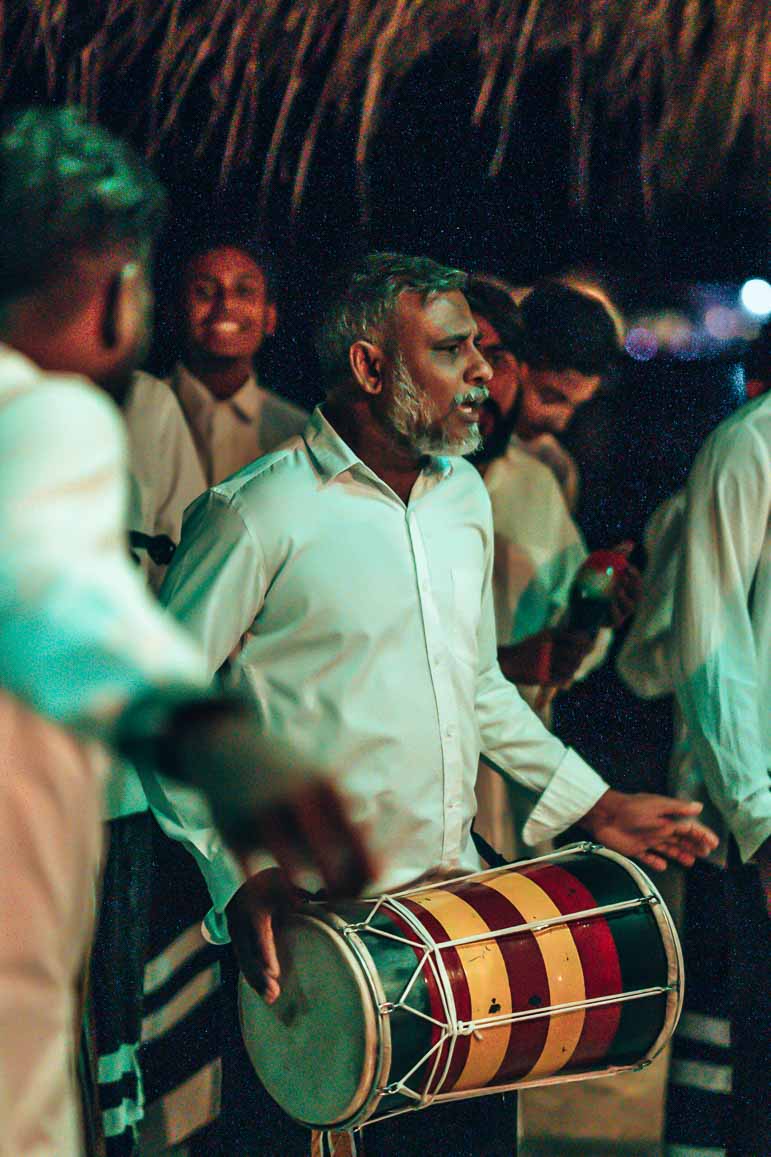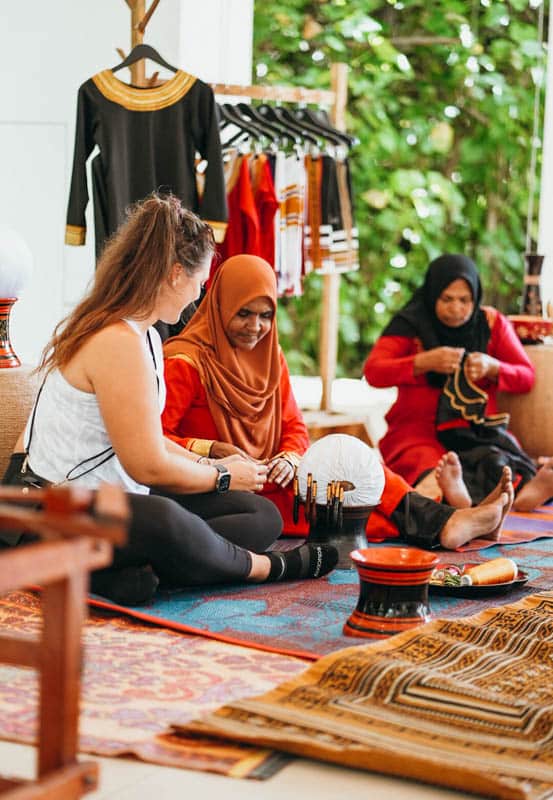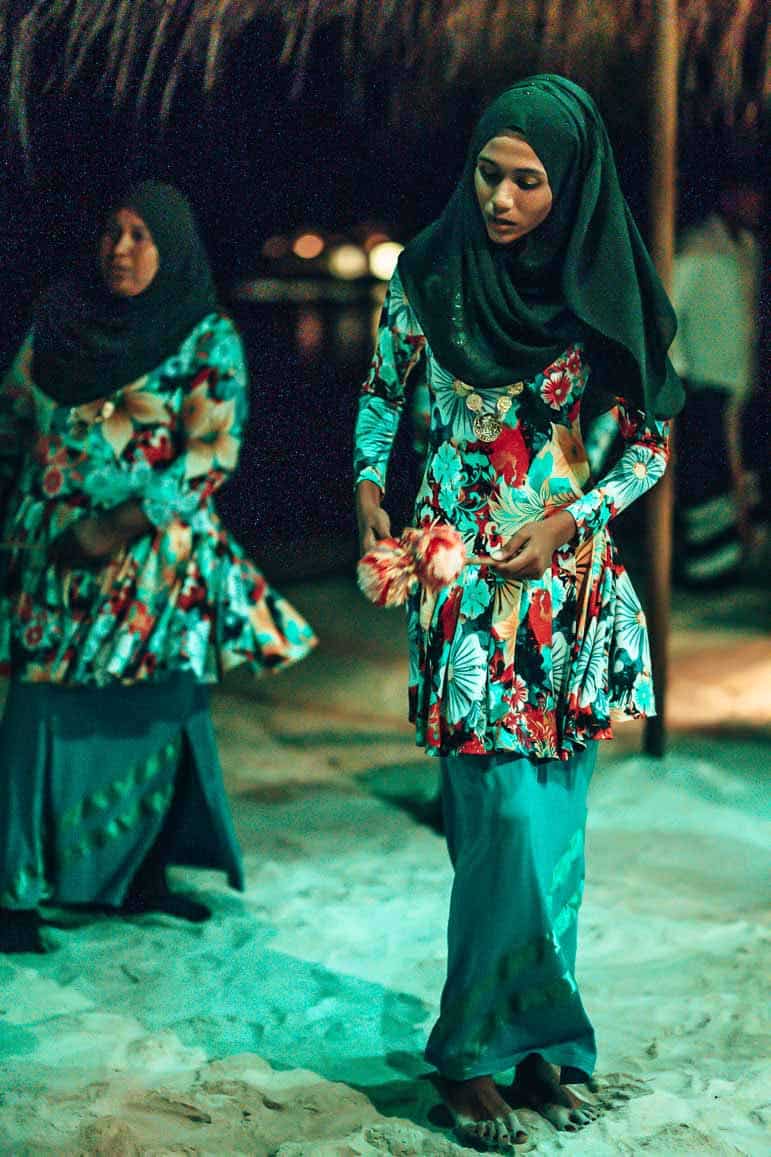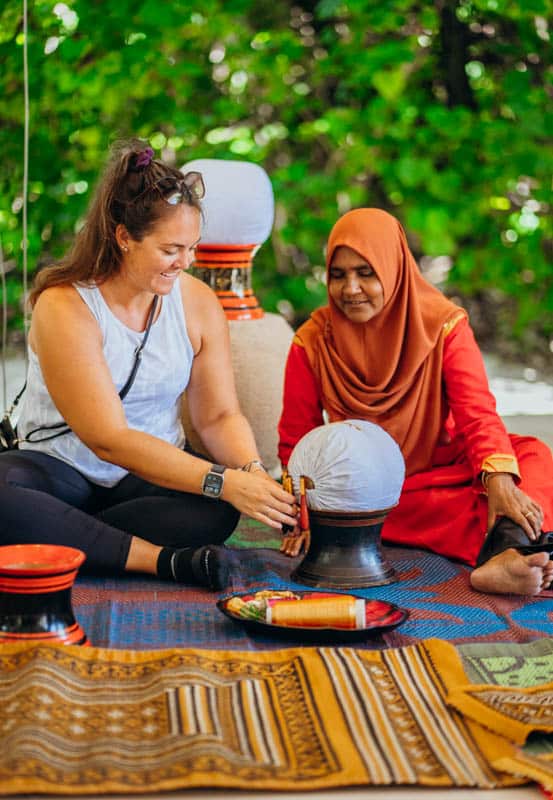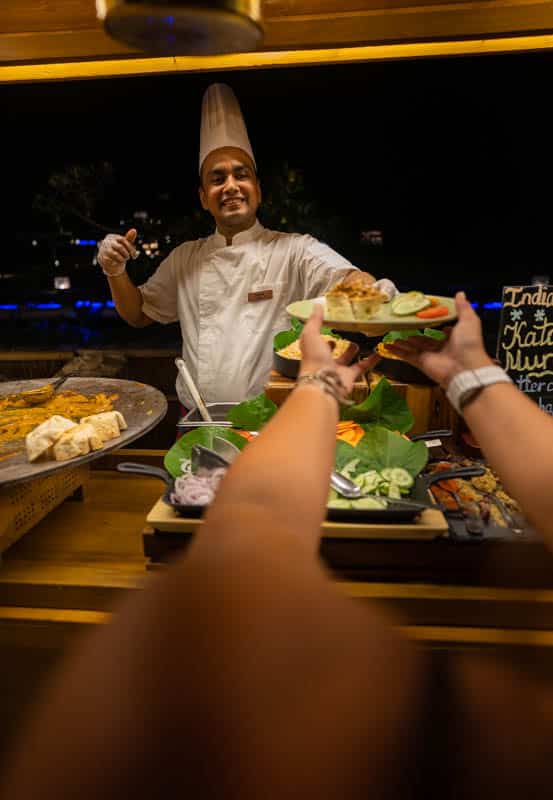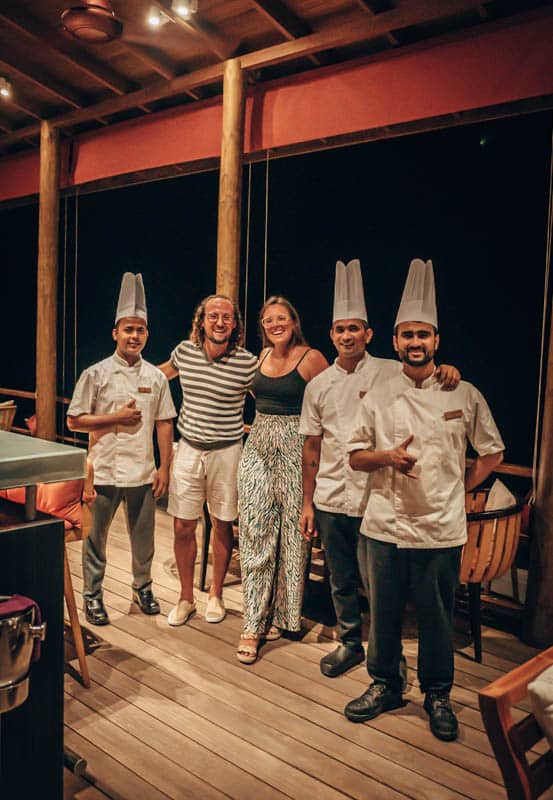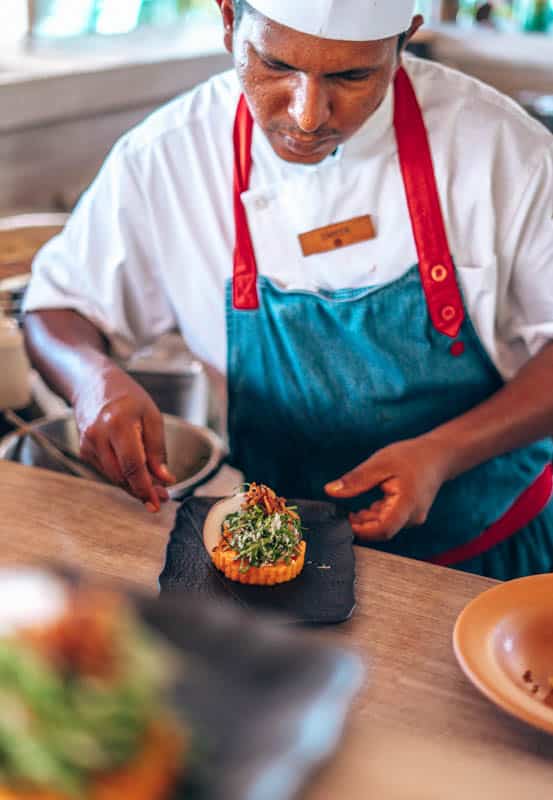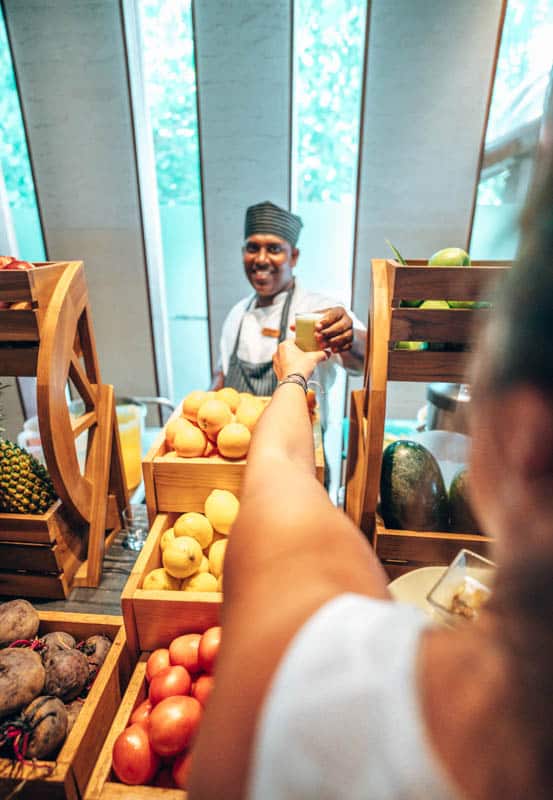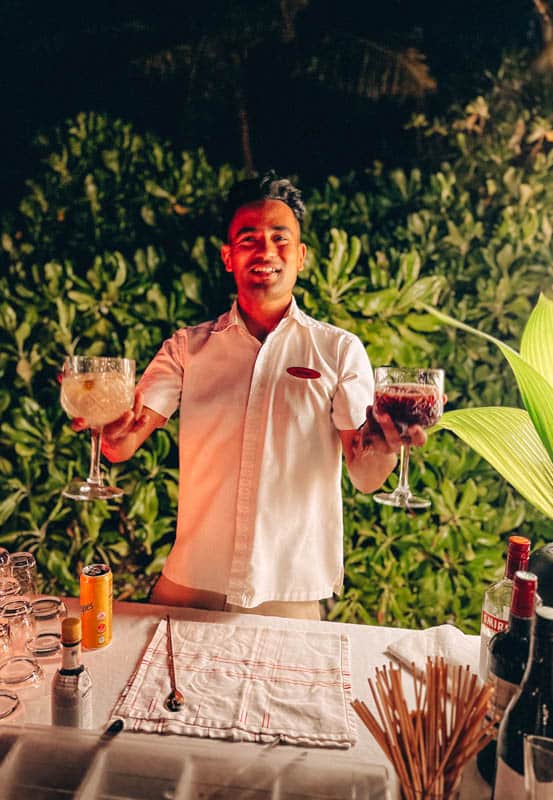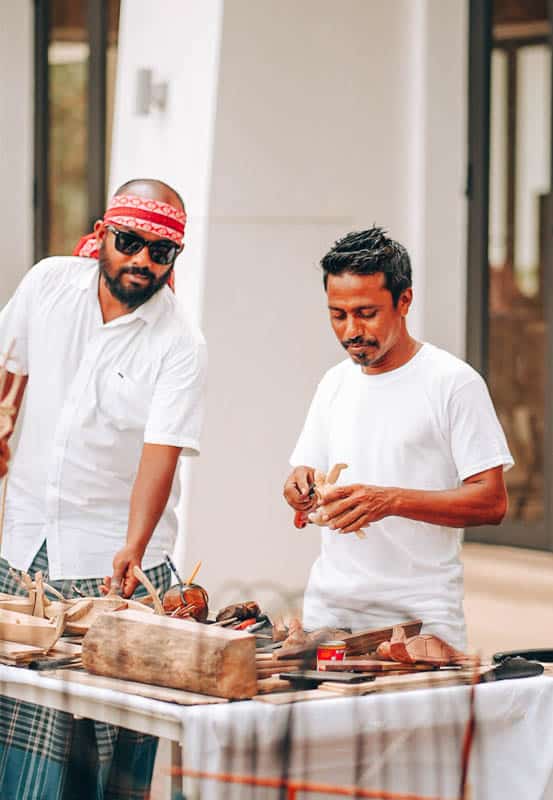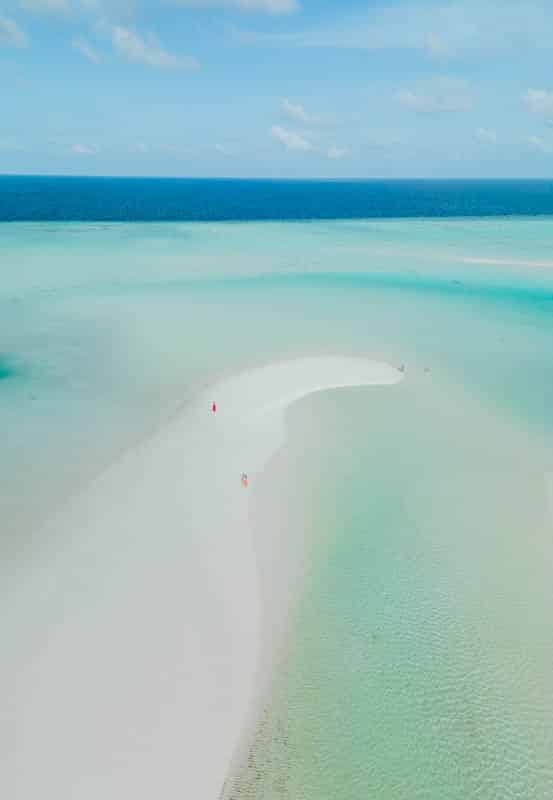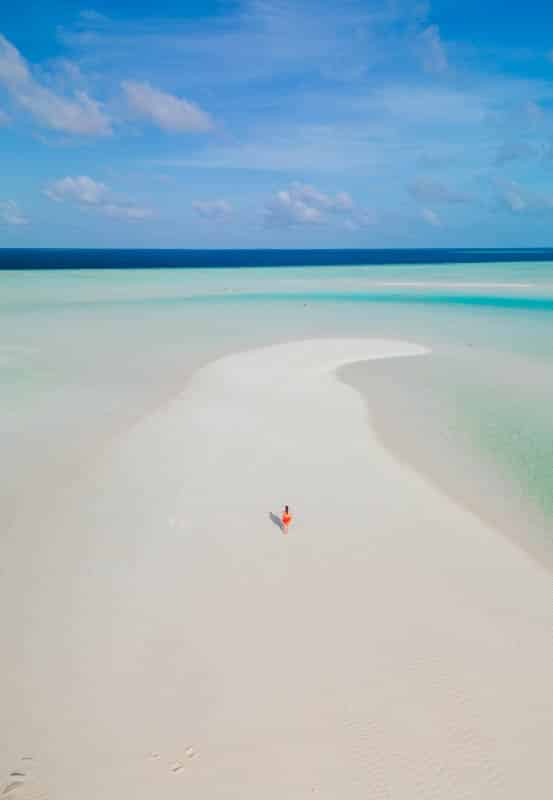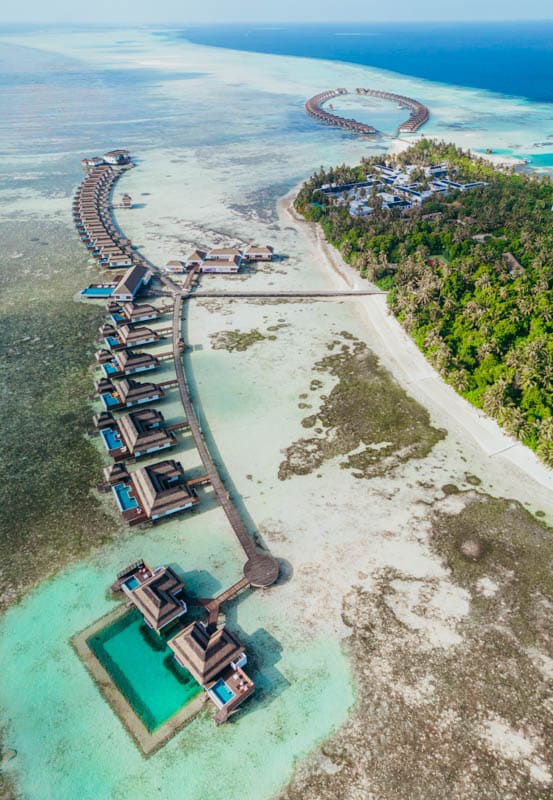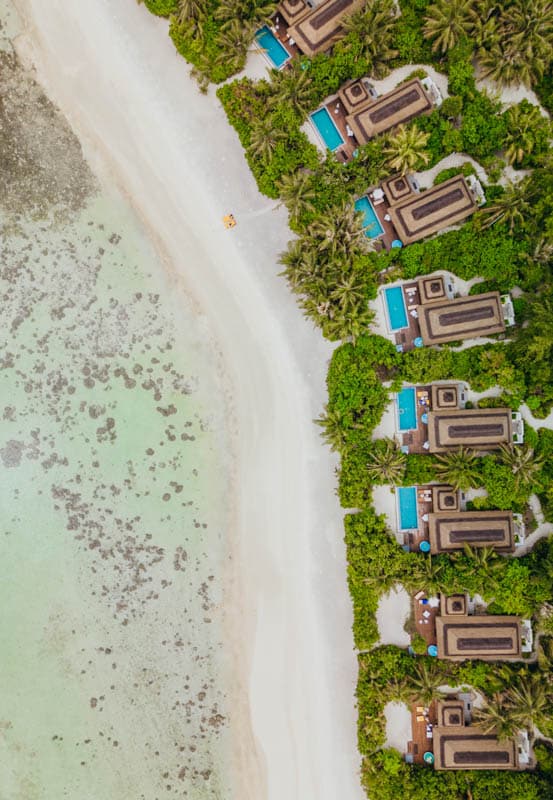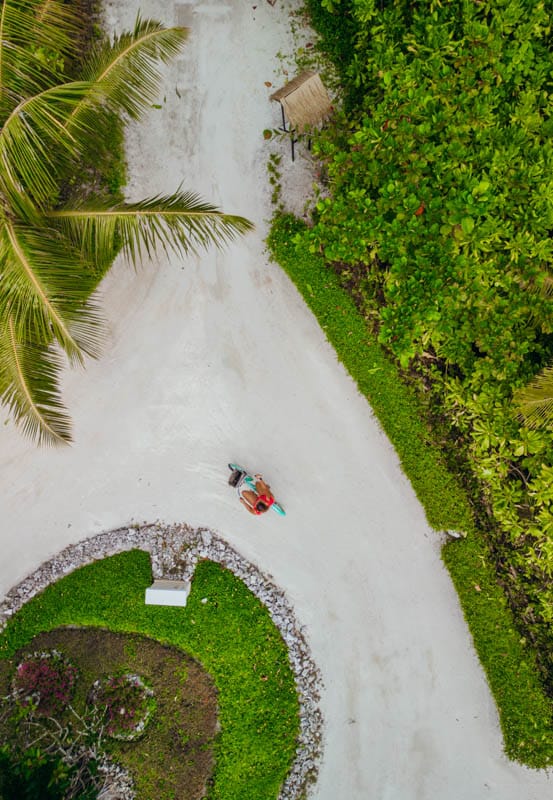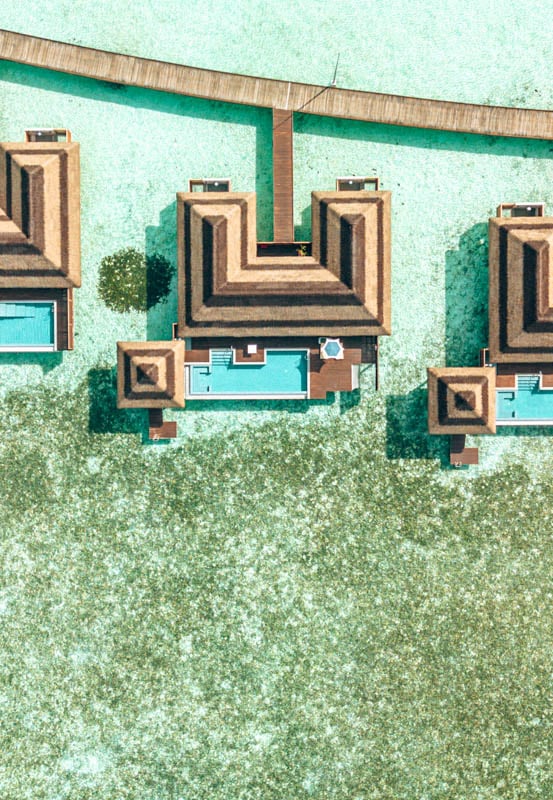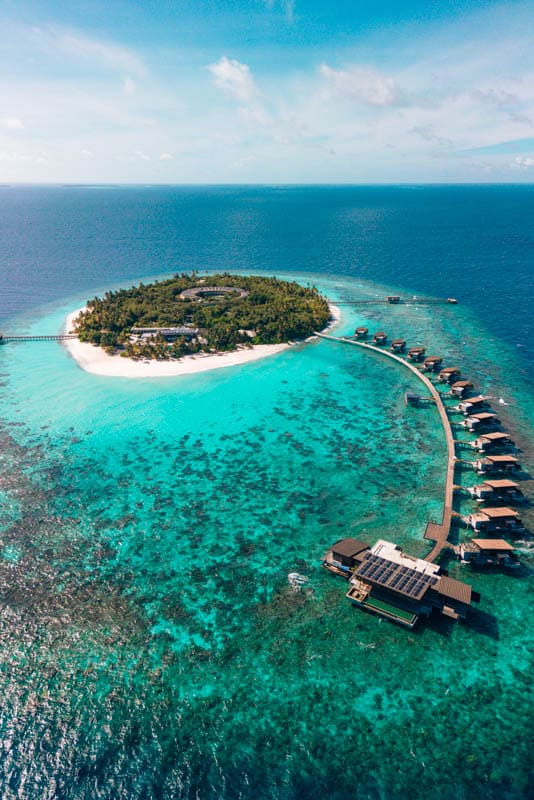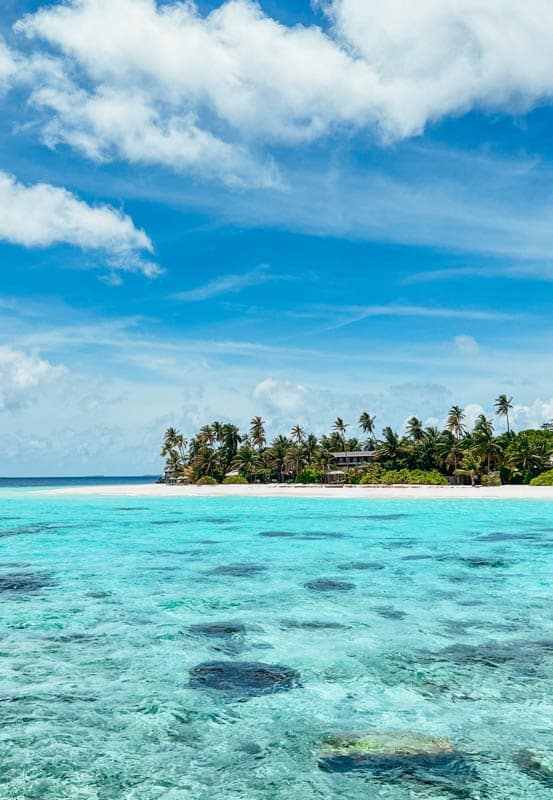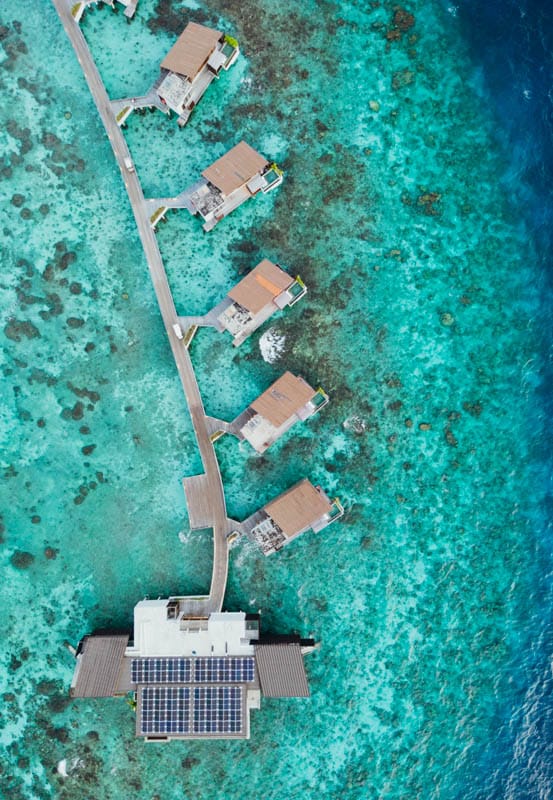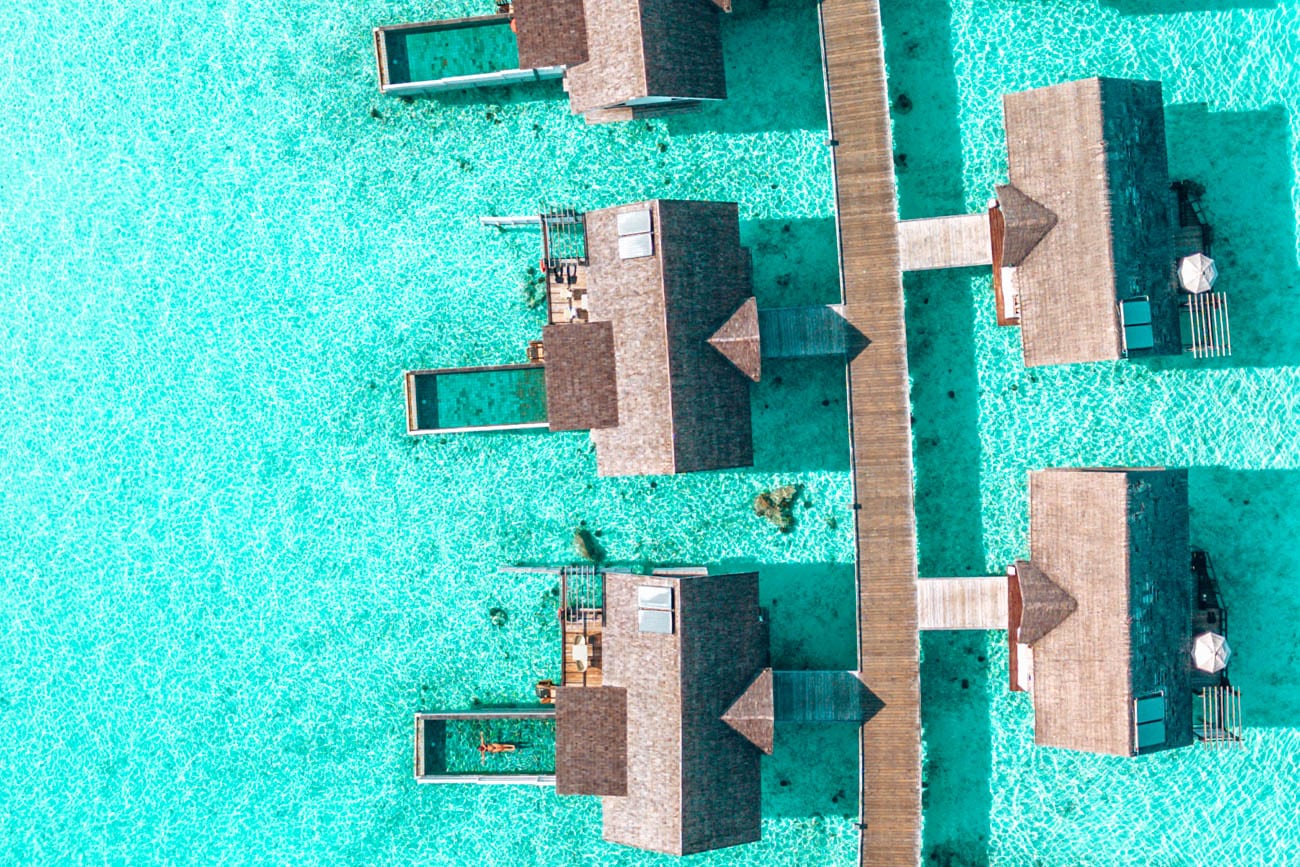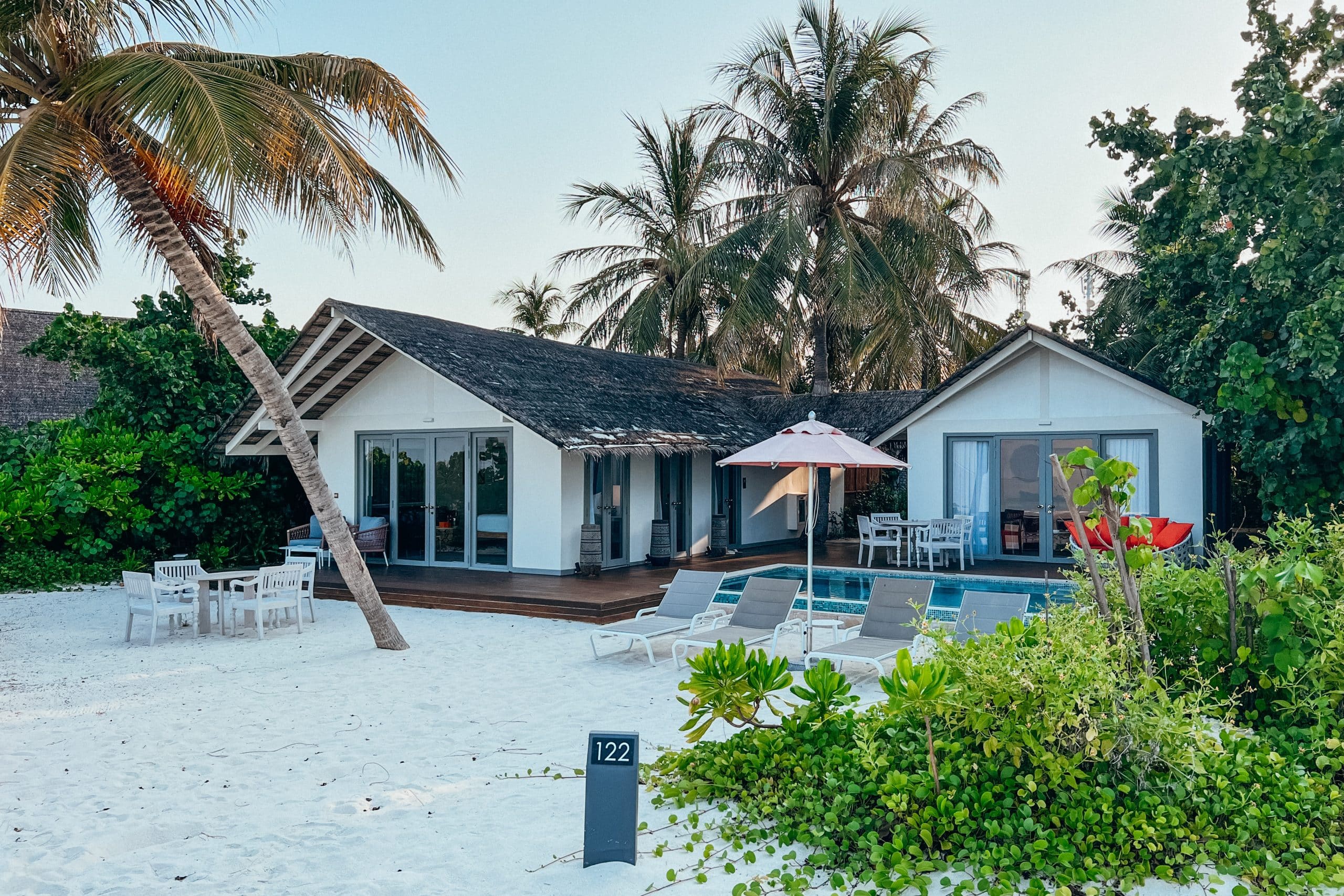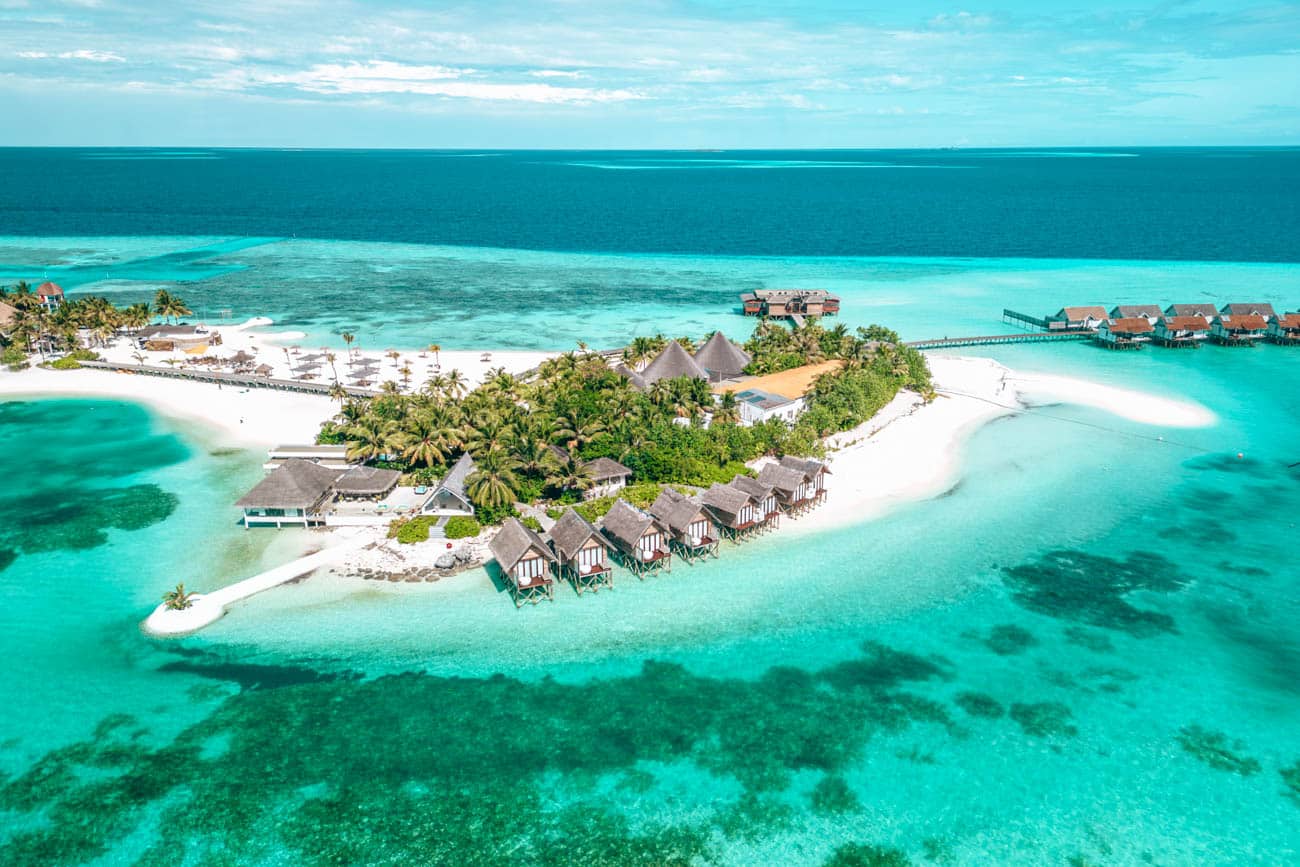
Cultural Differences in the Maldives: 3 Things to Know Before You Go
The Maldives, a tropical paradise known for its stunning resorts and beautiful beaches, is also a place with a rich cultural heritage. Here are three important cultural differences to be aware of before you travel:
1. Religious observance
The Islamic history that dates back over a thousand years. Islam was introduced to the Maldives in the 12th century, and it has played a significant role in shaping the culture, society, and governance of the country ever since.
The exact date of Islam’s arrival in the Maldives is debated among historians, but it is generally believed to have been introduced in the 12th century. Islamic scholars and traders from the Arab world and South Asia played a crucial role in spreading the religion to the islands.
Islam had a profound impact on the culture of the Maldives. It influenced various aspects of daily life, including language, dress, food, and art. The Dhivehi language adopted many Arabic loanwords, and Islamic principles guided the legal and social norms of the society.
Islamic festivals like Eid al-Fitr and Eid al-Adha are celebrated with great enthusiasm in the Maldives. Traditional Maldivian dances and music often incorporate Islamic themes and influences. While the Maldives embraces its Islamic heritage, the growth of tourism has presented challenges in terms of maintaining the balance between religious practices and the needs of visitors.
2. Hospitality and service
Alongside MNU, private hospitality schools have emerged to meet the growing demand for trained hospitality professionals. These schools often collaborate with international hospitality education institutions to provide globally recognized programs. These partnerships have enabled Maldivian students to access high-quality education and training in hospitality management.
Many resorts in the Maldives have their own training programs for staff. These programs often combine formal education with hands-on training within the resort environment. This approach allows employees to gain real-world experience while also receiving specialized training tailored to the resort’s unique offerings and standards.
3. Island life


